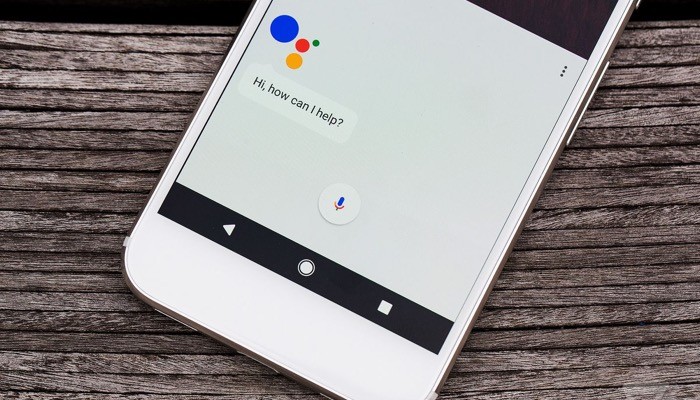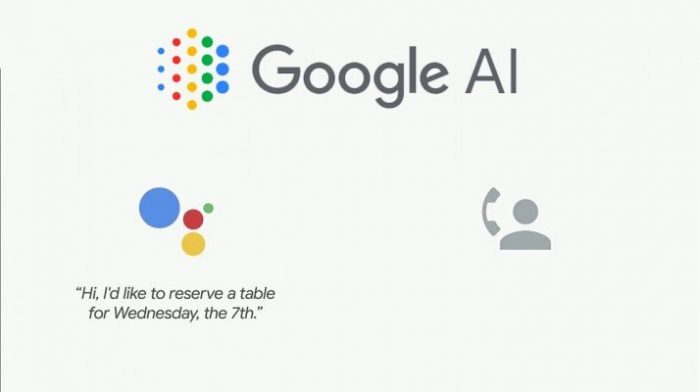
Google Duplex May Be Guilty of Violating Two-Party Consent Laws
- Google Duplex was one of the highlight features for Google Assistant showcased in the recently concluded Google I/O 2018.
- The new voice feature can replicate the human voice and perform phone calls and other voice-based tasks for users.
- The voice activity is recorded by the app to Google servers, which may violate two-party consent laws.
Google Duplex is one of the most talked about features for Google Assistant. It was first announced during Google I/O, and it allows Google Assistant to perform business phone calls on behalf of users for booking appointments, making inquiries, etc. With Google monitoring app activity and recording the calls for its research and betterment of the app, the data collection may be in violation of two-party consent laws all over the globe.
While the legality of Google’s data collection may not be clear, Google has chosen not to respond to user queries regarding the matter. It is very likely that the calls are recorded and sent to Google for improving the app’s functionality considering it implements machine learning to make language detection better. As it stands, if Google Duplex releases it will violate multiple US state laws.
Image Courtesy of TechCrunch
Any user who uses Google Duplex explicitly provides consent for voice recording features, but the end-users who receive calls from Google’s new voice feature may or may not use Google Duplex, making the phone calls free from two-party consent and illegal in cases. The whole point of the AI system is to mask the fact the call is being made by a voice assistant. If Google were to implement a recording to confirm consent from people who receive calls from the app, it would beat the whole purpose of making seamless phone calls without having to make a phone call for business purposes.
Google can argue against the laws claiming that the app does not eavesdrop or wiretap conversations. Depending on how the conversations are recorded and stored, Google may be given a green signal by lawmakers without being dragged into the controversy. With similar services already existing by VoIP companies to make phone calls on behalf of patients with hearing disabilities, Google may not be targeted.








